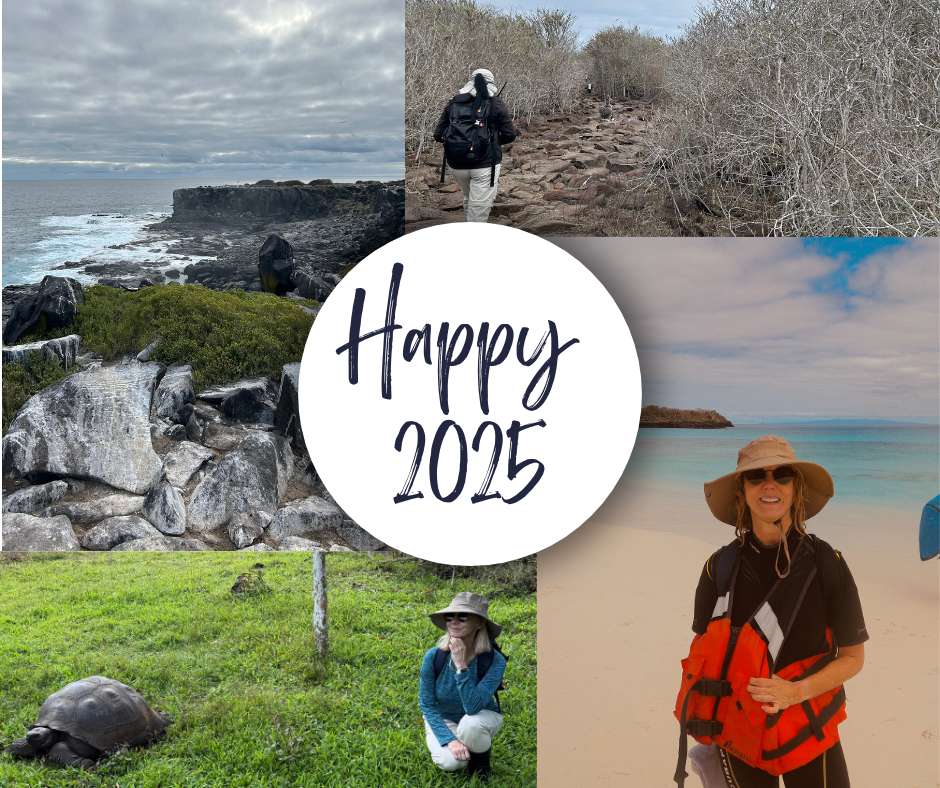A Thanksgiving Mindset
By Susan Tanner, MD – complete article written originally for and found at SinusitisWellness.com.
It always seems that as we enter autumn, the days just go racing forward to year’s end at a fevered pace. For many, the mindset of Thanksgiving seems hard to muster; gratitude in the midst of personal health crises, financial burdens, and other challenges may not come easily. With that, perhaps thinking about mindset and its relationship to health and healing may be helpful.
For those of you who are suffering, I do not want to come across as glib or without understanding just how hard some of this can be. However, I also feel that if I cannot offer hope and some alternate paths for reframing some of this then I have not done you any service.
One thing we know and must accept is that we all have baggage, some good, some bad, some helpful, some not. These incidents often shape our thinking and our connections with others, be it family relationships, professional connections, even our healing paths. How powerful are our thoughts and the words that we say to ourselves! These thoughts and self-talk are often influenced by family, friends, co-workers, and health care providers. These influences are not always for our highest and best good, and that is where our self-reliance and self-belief become so important. Trusting in ourselves enough to stay the course in a treatment plan that deep down we know is the best thing for us helps to shield from the opinions and sabotaging effects of others’ opinions.
Thoughts are things! This was such an important concept for me to understand both as a patient and a doctor. Some years back, Candace Pert, Ph.D. wrote a book entitled, The Molecules of Emotion. Thought patterns and processes create biochemistry that will do everything to maintain a status quo, and that especially includes highly stimulatory thoughts. Certainly, negative emotions have a very strong and repetitive pattern that can keep the brain in a “loop” from which it is hard to break out.
The Body Keeps the Score, by Bessel van der Kolk, MD, demonstrates how trauma, be it from physical or emotional injury, can actually re-wire the brain. An important area that can become de-railed is that of trust. Both trust in oneself and trust in the health care provider may be shaky at best, and the result may become non-compliance in a treatment plan. Timeless Healing by Herbert Benson is another book discussing this mind and body connection. Books by Caroline Myss have been favorites of mine, particularly Why People Don’t Heal and How they Can. Many of these authors offer audio versions, workbooks, online seminars, and more.
You may find that none of these books strike quite the right chord with you on your journey. However, there is much to be gained by understanding that there are influences that may not be helpful for you. I think the ability to maintain a sense of curiosity about how and why things work the way that they do is so very important. Curiosity can sustain you when you are tired of fighting the fight, of living life differently than you would have envisioned, and evoke even more empathy for those in similar situations.
Nothing about any of this is easy. There may not be an end in sight with your efforts, but the journey can be made easier by adjusting your mindset and developing a stronger sense of self-trust.
Finally, keeping a gratitude journal is one of the most powerful, simple, and helpful things I can think of to begin that process. It is said that Nelson Mandela did this while imprisoned for over 30 years in horrific conditions in South Africa. He said this is what kept him sane and his heart not full of bitterness at the unjustness of his situation. Simply writing a few statements before bed of what we are grateful for can help with some of that rewiring process. I find that it just pours out of my head now, I can’t write fast enough!
I wish you all the very best during this Thanksgiving time. I recognize your challenges and I hear you. Thank you for allowing me to be a part of your healing journey.
“I want you to know that the world is
Fragile
And fragile is not the same as
Delicate
That’s how I know you are resilient
Too
I want you to know you are not alone, and some things are never meant to
Be
Done by yourself.”
From “How I Know” by Tim Jones, whose poetry I have come to love.


